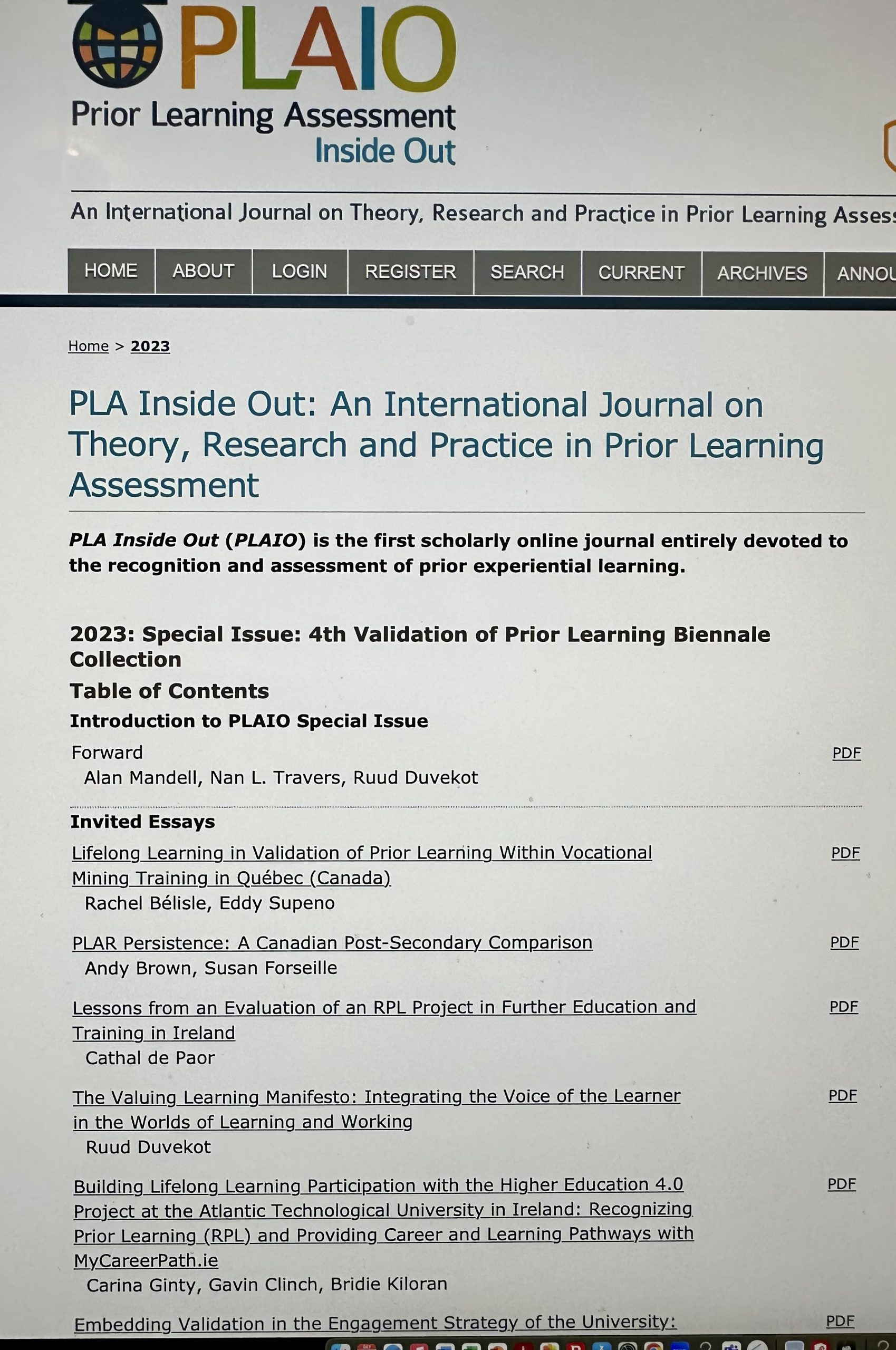The worlds of learning and working face the challenge of providing and (self)employing qualified and skilled people who develop sustainably and adapt to the changing demands of social participation. However, the system partners in education, training, andHuman Resources Management (HRM) are not responding effectively when it comes to personalizing and recalibrating the function of learning for the purpose of utilizing people’s learning potential and increasing social cohesion and inclusion for all. Their main flaw is that they have no or insufficient eye for involving their most important partner in their adaptation to the learning society: the citizens/learners themselves.
The key question is how to strengthen social cohesion and make society more inclusive by enabling people to articulate their true learning potential and mobilize their co-ownership of lifelong learning processes in the learning society.
The Valuing Learning Manifesto aims to empower learners to articulate their true learning potential and activate their co-ownership of lifelong learning processes in the learning society. This focus on learners requires a shift from the prevailing analytical learning paradigm to a more holistic one that integrates validating (prior) learning and enabling new (further) learning into a person-centered approach of valuing learning. So, let ‘the voice of the learner’ be heard in ‘the learning society’ in which “learning is important and valuable to all, people are encouraged to keep learning throughout their lives, and opportunities to learn are accessible to all” (Faure, et al, 1972).
Based on longitudinal research of learning cultures and case studies across the globe (Duvekot 2014, 2016; Duvekot et al, 2005, 2007, 2014a, 2014b, 2015, 2017, 2020), this paper first analyses the preconditions and principles of a holistic learning culture in which ‘the learner’s voice’ can effectively be expressed and heard. Next, the Valuing Learning Manifesto provides the building blocks and a roadmap to realize a more holistic learning culture. The first-person pronoun is used to emphasize this voice of the learner.
2023 – PLAIO – Duvekot MANIFESTO Valuing Learning
